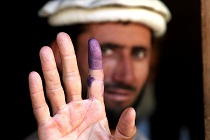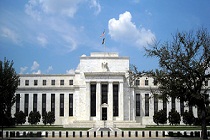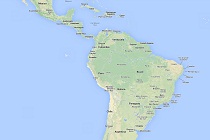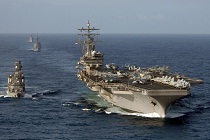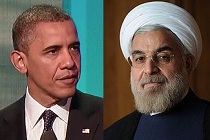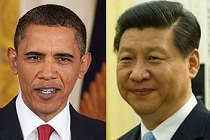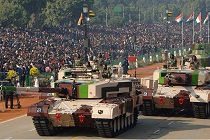Afghanistan: At a turning point
The presidential election is vital not only for Afghanistan’s future but also for the stability of the region. The ensuing race has thrown up candidates from various ethnicities and they face an uphill task with a resurgent Taliban and a former President who still hopes to be a force in the political arena

